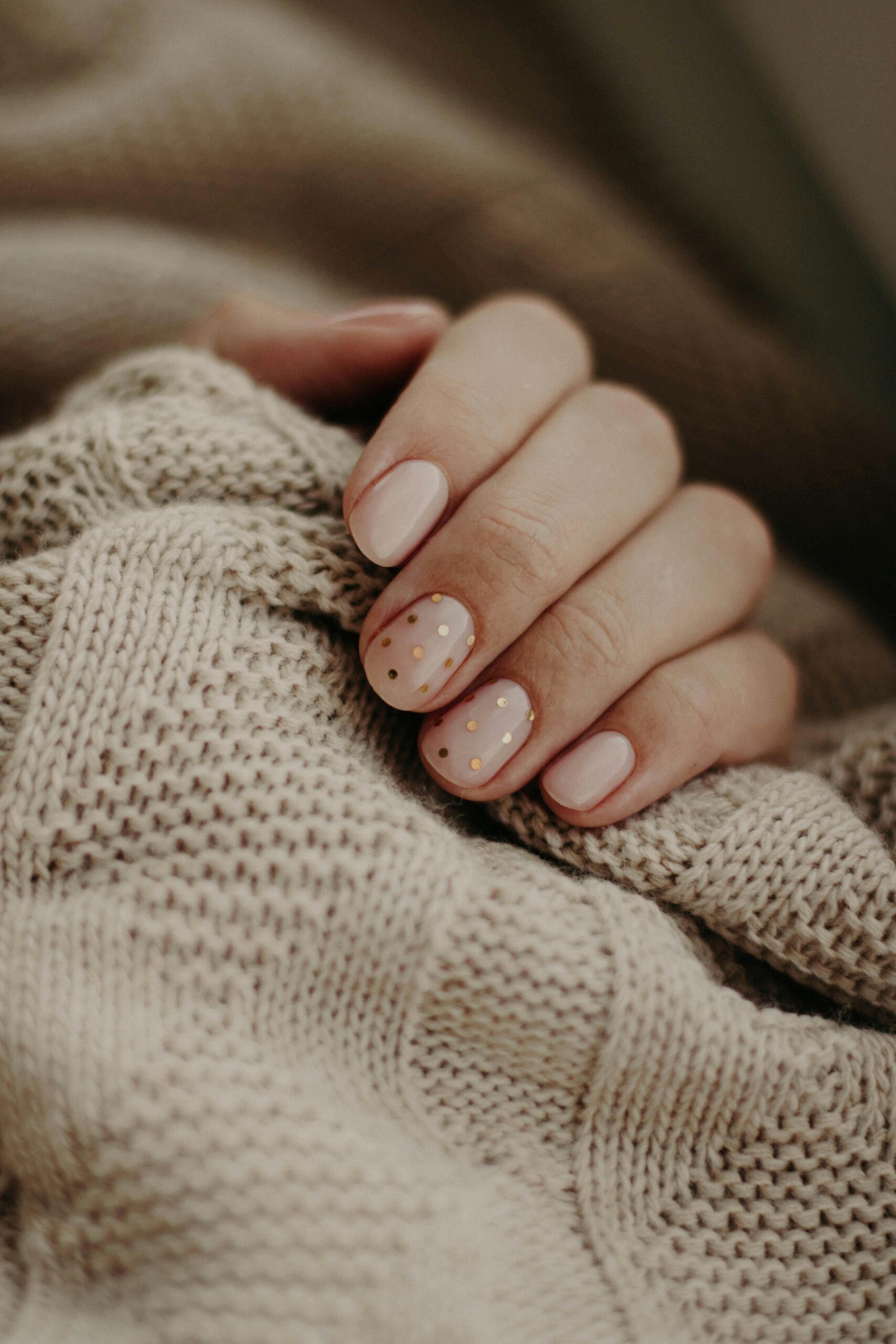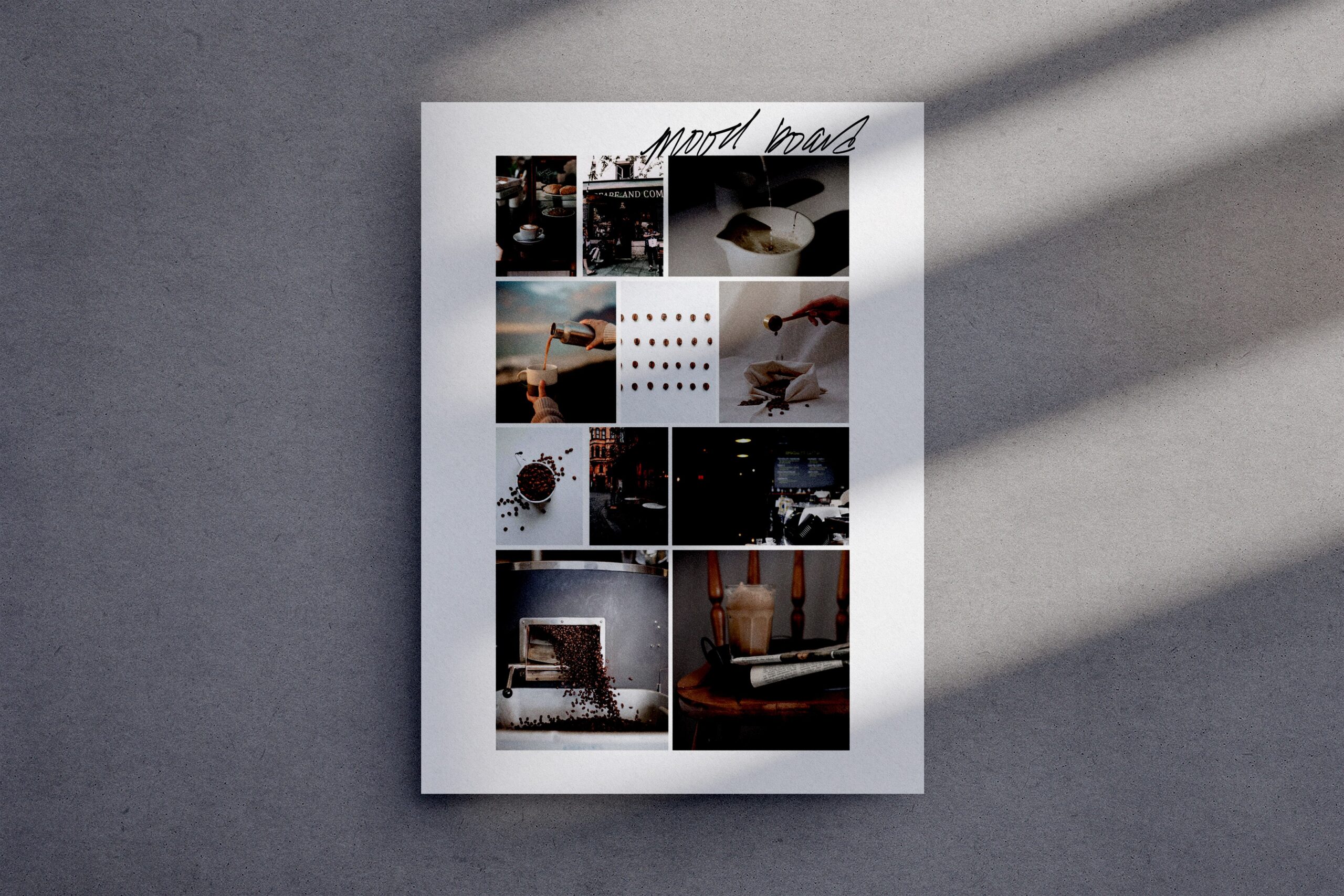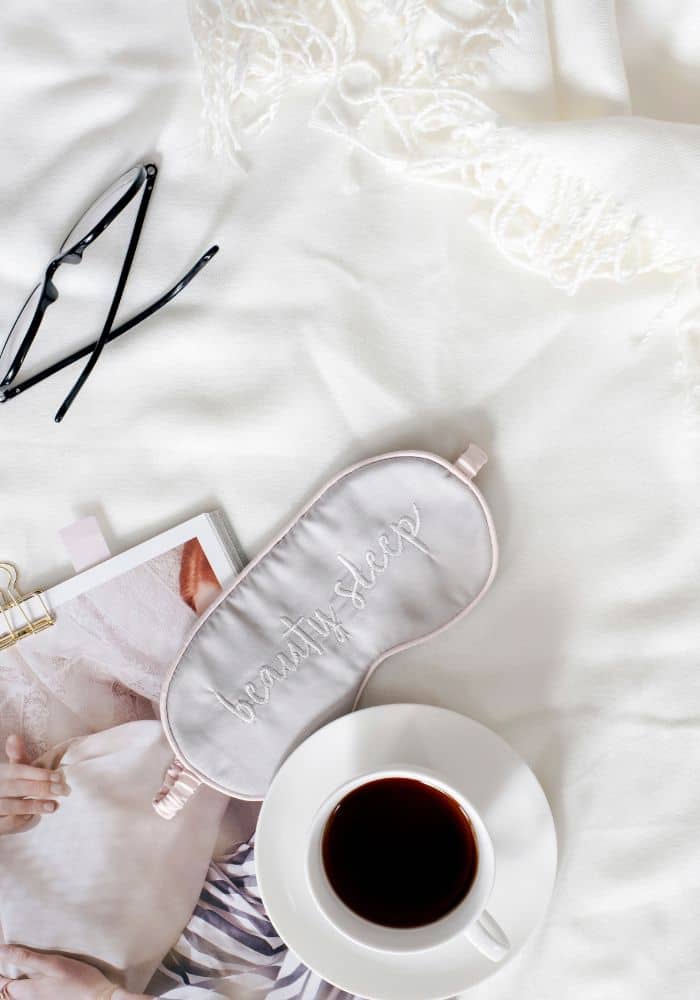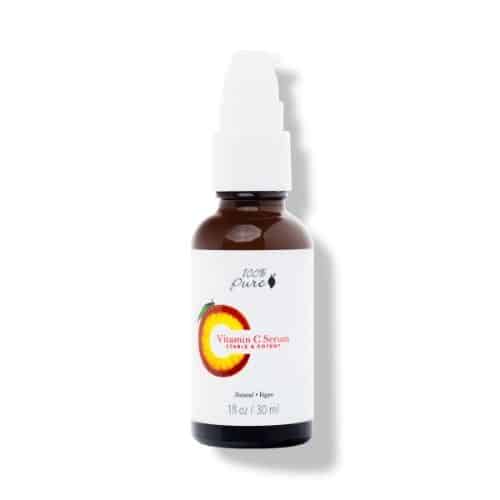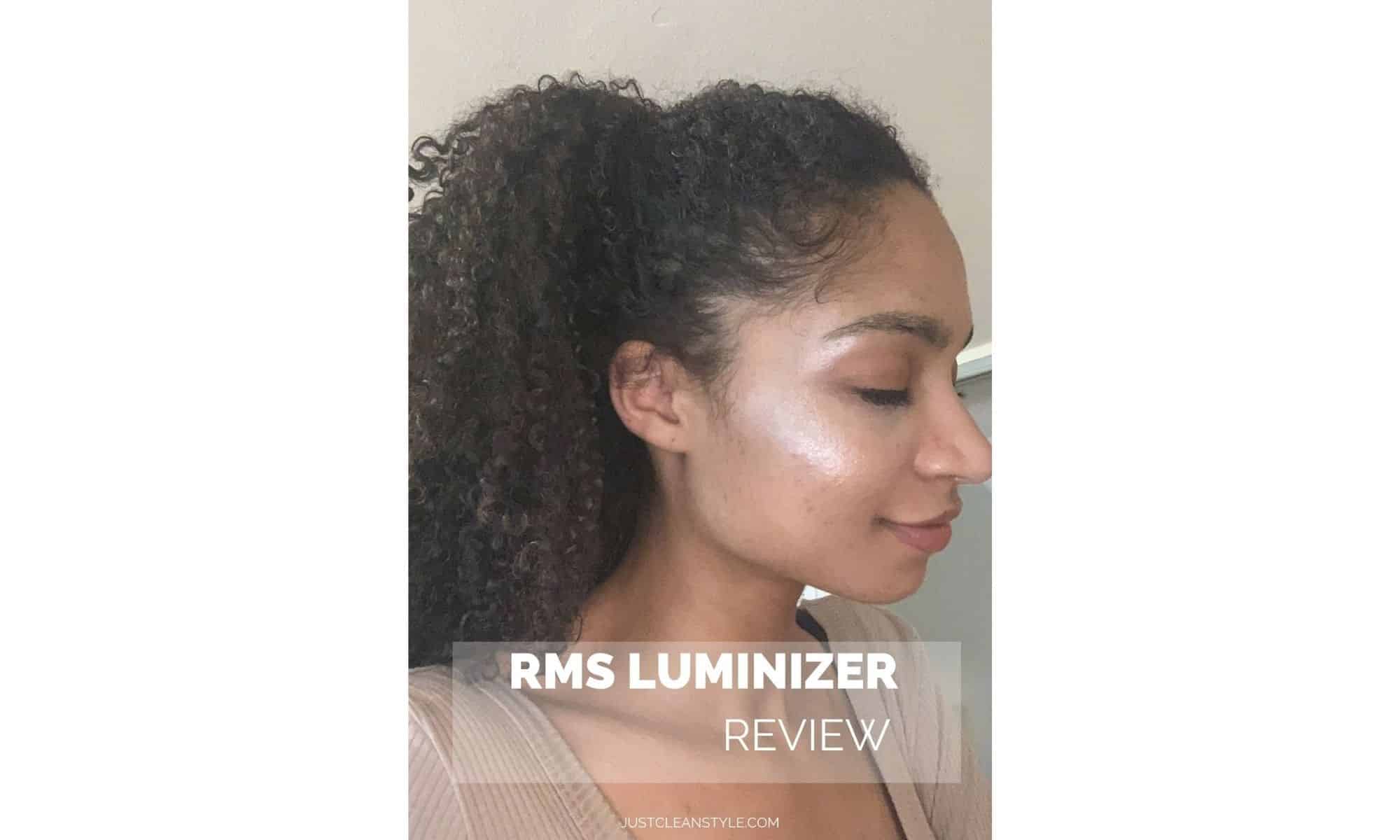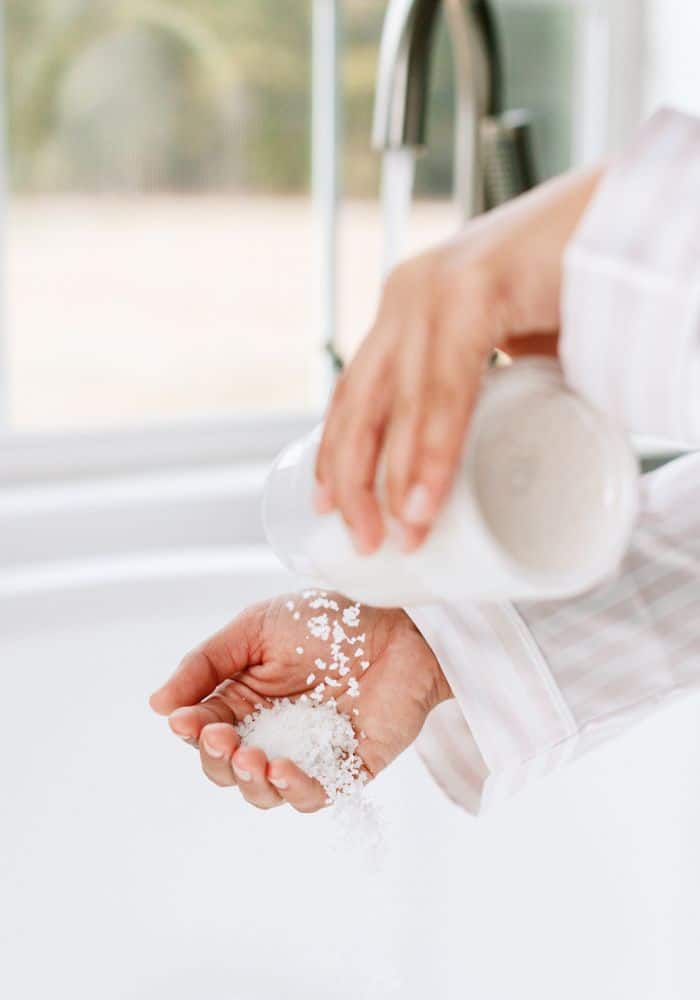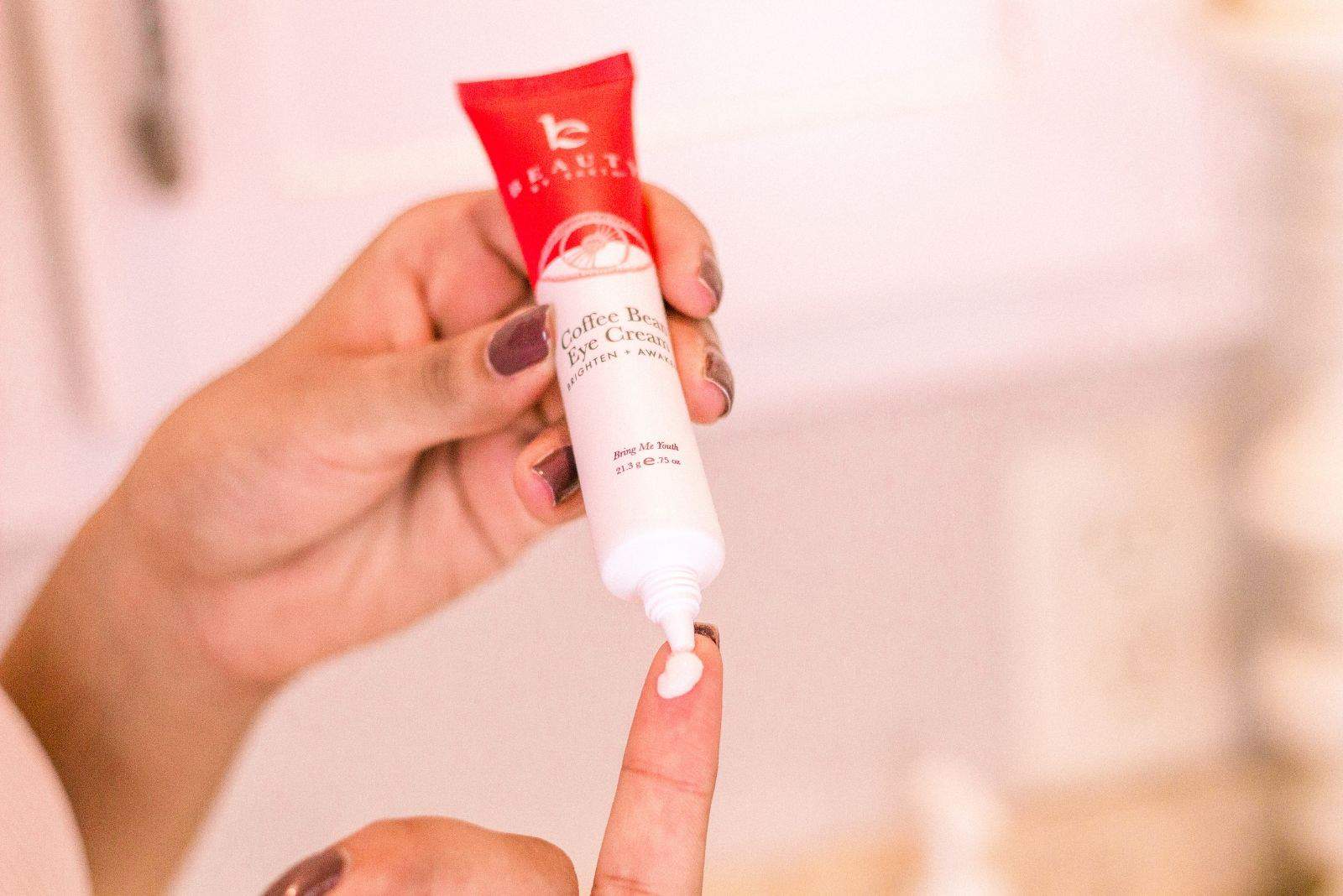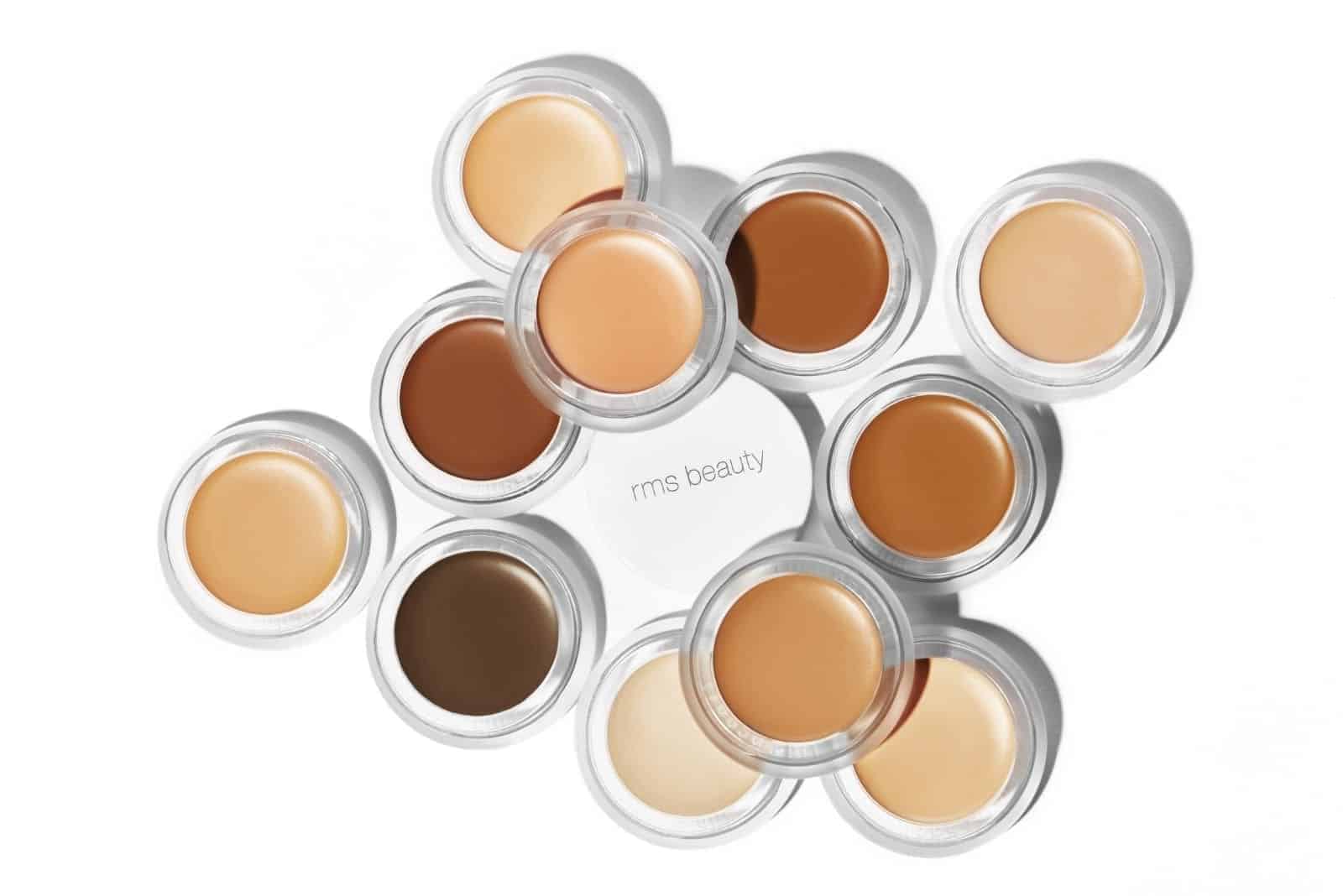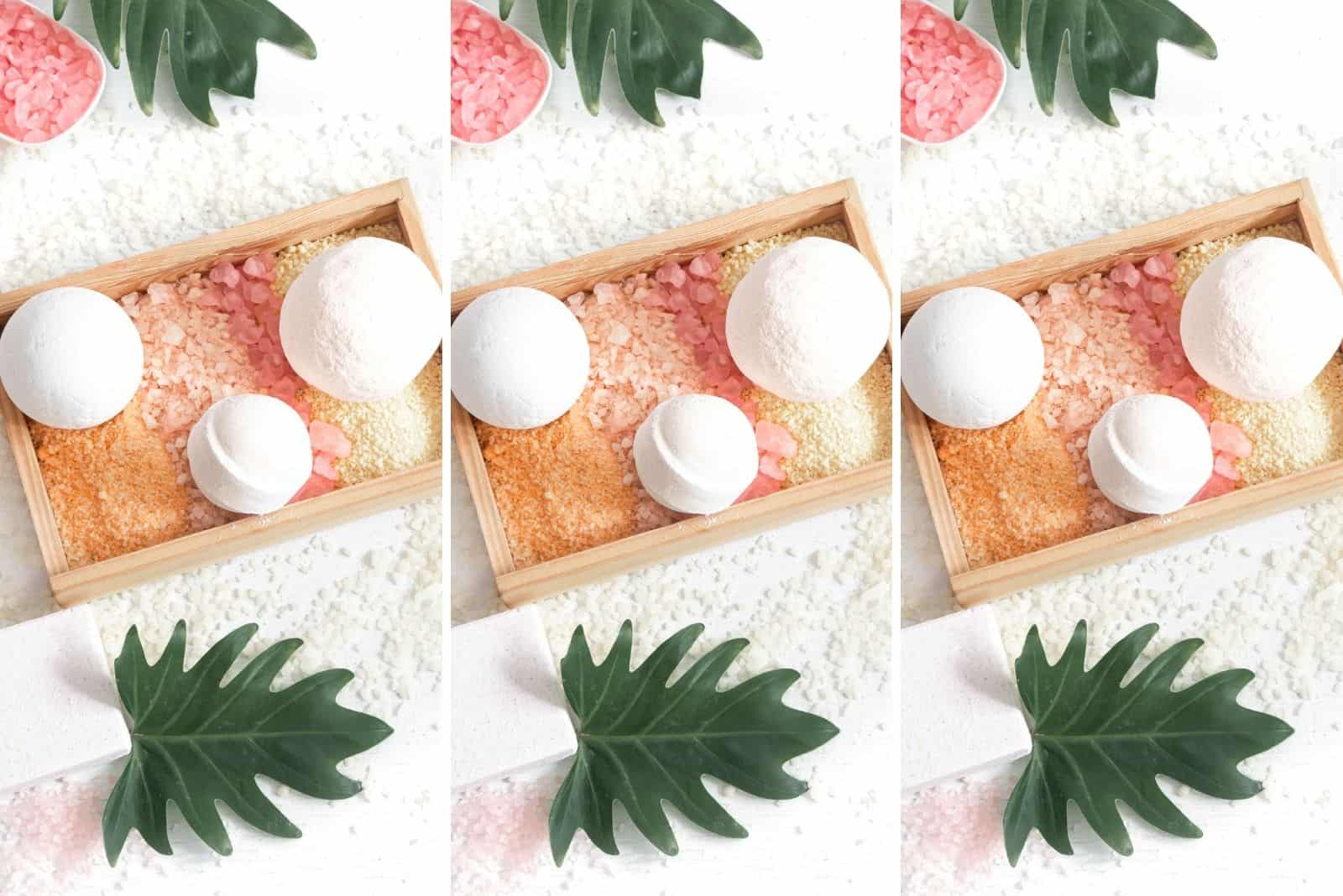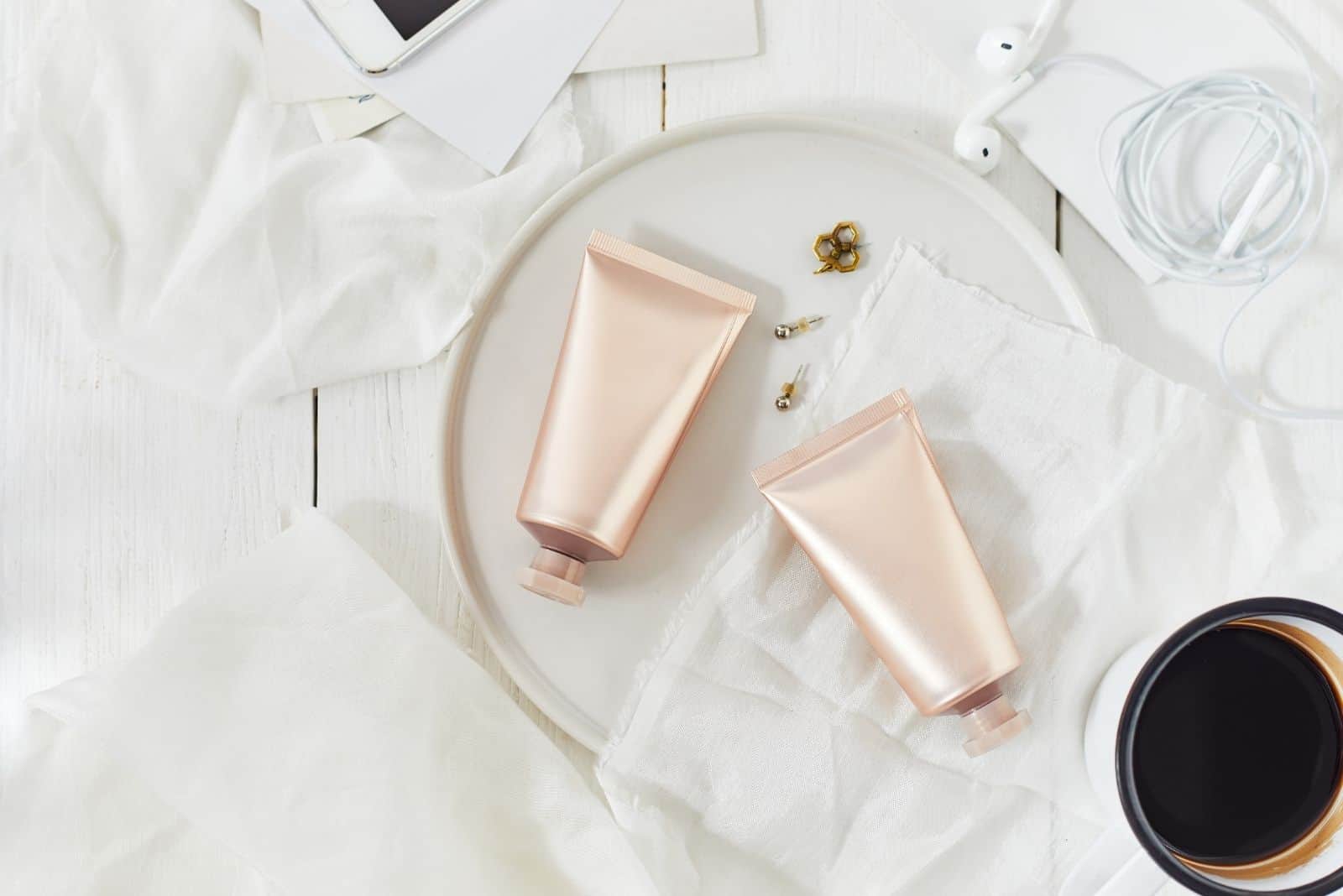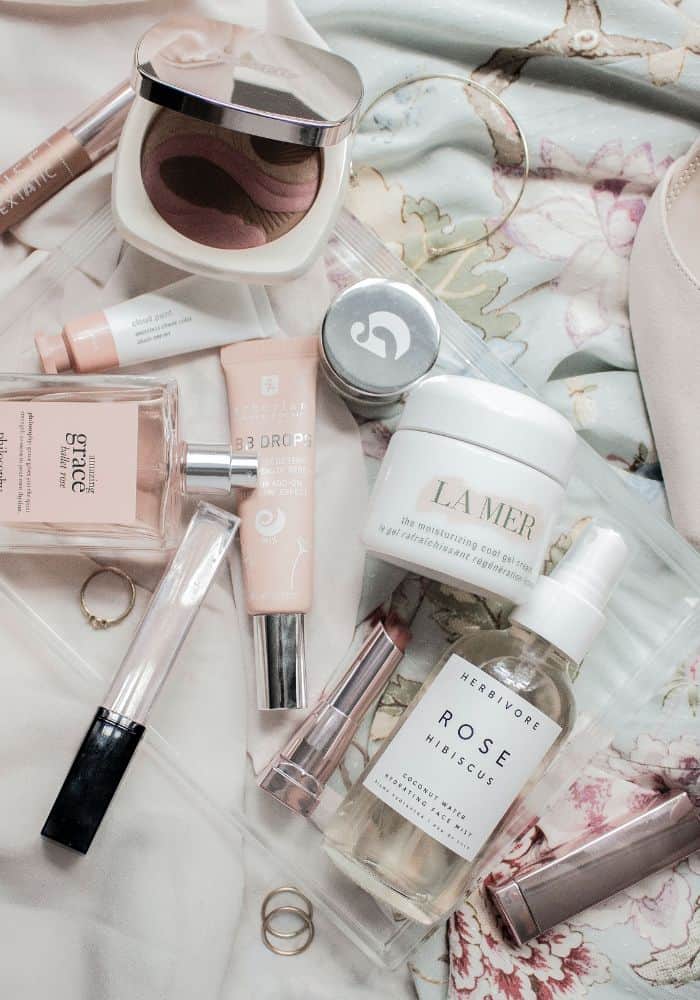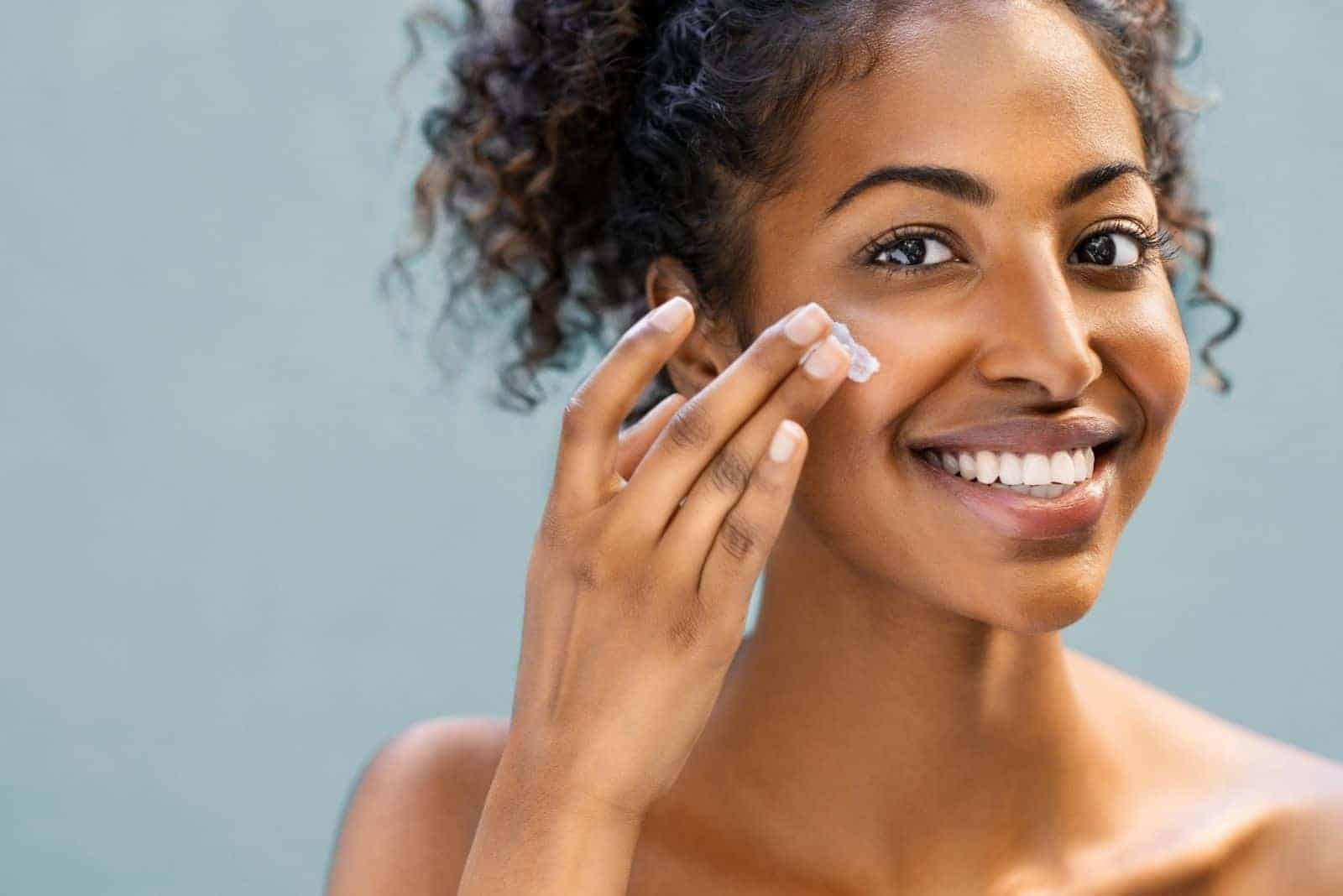Incorporating olive oil in your natural hair routine can work wonders when it comes to fighting frizz. There are so many benefits to using olive oil in hair. This post will teach you everything you need to know so you can start experiencing the benefits right away.
This post may contain affiliate links, which means I’ll receive a commission if you purchase through my links (at no extra cost to you). I only promote products I've tried and love. As an Amazon Associate I earn from qualifying purchases.
Before we get started, fair warning-- proportions are everything. Adding a little bit of oil goes a long way toward fighting frizz, but oily hair is the last thing you want. I've included some tips at the end to help you determine proportions.
Olive Oil in Hair Basics
Let's start with the basics. According to Healthline, olive oil is an emollient and will soften your hair (just as your daily conditioner does). However, most olive oil does not contain the harsh chemicals found in most shampoo and conditioner.
Adding oil to your daily routine is the easiest way to start with clean beauty-- it is a pure ingredient that can transform your hair with very little effort. If you decide to incorporate olive oil into your hair routine, EVOO is the best type (more on this below).
According to Medical News Today, “While scientists would not consider olive oil a cleansing hair care ingredient or shampoo, they group oils as one of five conditioning agents that help decrease friction on hair, detangle the hair, and minimize frizz.”
Benefits: Quick Guide
- Naturally conditions
- Combines well with other hair products
- Provides a natural SPF. Although the level of SPF is very low, this will contribute to healthy hair in sunny climates.
- Softens hair
- Reduces frizz
- Is cost effective
- Is a pure ingredient
- Can help with chemically treated hair
- Is easy to apply
Myths: Quick Guide
- Natural Heat Protectant: Olive oil does not act as an effective heat protectant.
- Adds Shine
- Olive oil is not a guarantee for flawless, shiny hair. According to Healthline, "The shine said to come from olive oil may be due to the oil smoothing the outer cuticle of the hair."
- Any type of olive oil is effective: Not all olive oil is created equal. Some types of oil are processed with chemicals that compromise the purity of the ingredient.
Types of Olive Oil: Refined, Virgin, EVOO
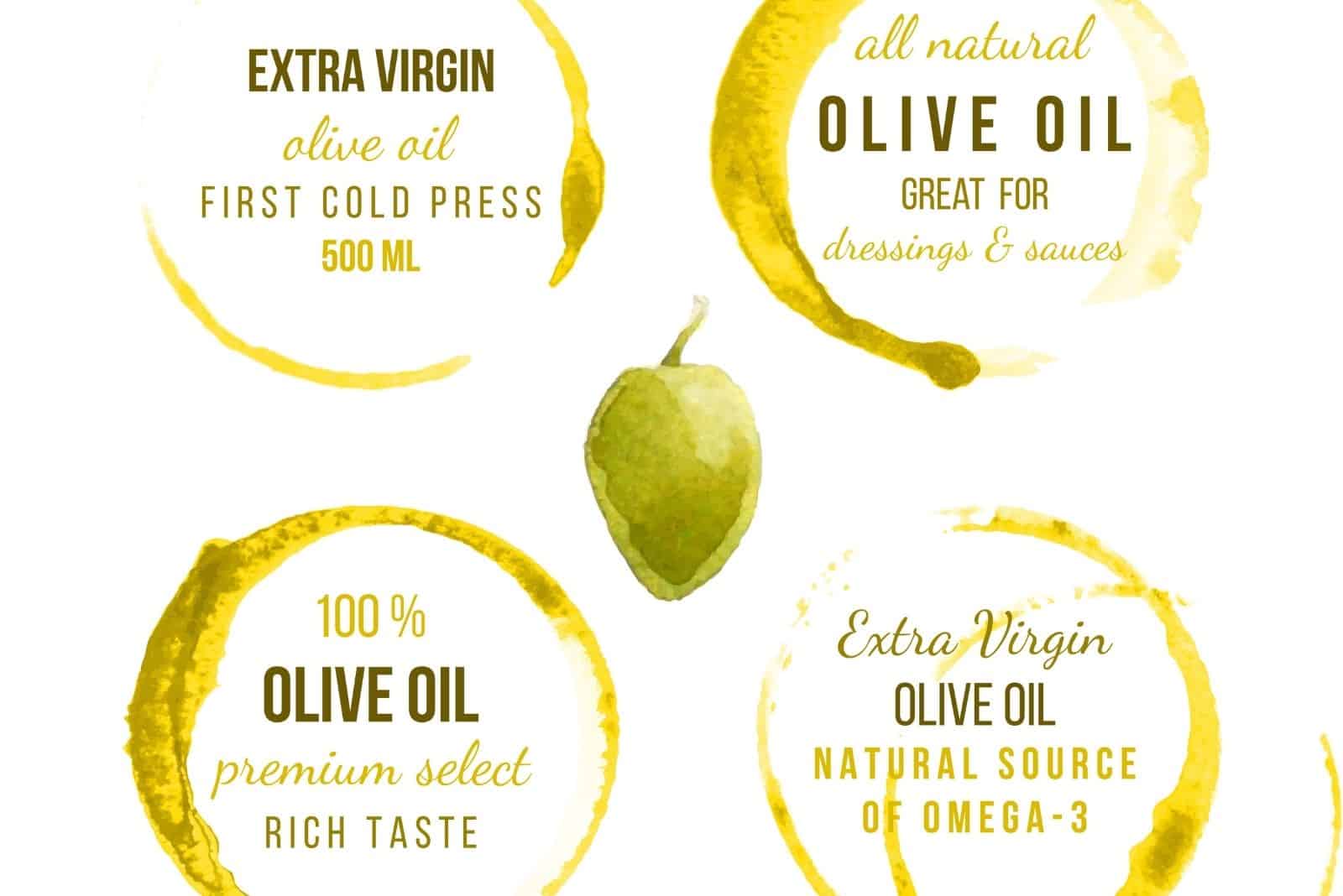
© Marina Gorskaya /Adobe Stock
Not all olive oil is created equal-- some types of olive oil contain chemicals. It is best to use Extra Virgin Olive Oil in your hair routine, because this oil contains fewer chemicals.
Olive oil is processed with a technique called centrifugation. According to science direct, centrifugation is the "separation process that relies on the action of centrifugal force to separate particles in a solid–liquid mixture into two distinct phases consisting of the sediment and centrifugate (also called supernatant liquid)."
This affects the quality of olive oil, because some companies choose to enhance the process with chemicals.
According to Healthline, "After centrifugation, small amounts of oil remain in the pomace. The leftover oil can be extracted using chemical solvents and is known as olive pomace oil. Olive pomace oil is generally cheaper than regular olive oil and has a bad reputation."
Why You Need EVOO
According to Medical News Today, EVOO should be used instead of refined or virgin olive oil. Here is my synopsis of the recommendations provided by Medical News Today (for more information refer directly to the article here):
- It is not processed extensively
- EVOO has fewer chemicals and is a cleaner alternative
- EVOO has "antioxidants, vitamins, and other natural ingredients"
What Are the Benefits?
Olive oil will work as a conditioning treatment for curly and straight hair. The key is in the application. If you have straight hair, you may want to add the oil to a comb or after using heat, to prevent adding too much. For curly hair, you can add the oil after a leave in conditioner or use add the oil to a DIY hair mask.
What Are the Downsides?
Olive oil has amazing conditioning benefits, but there are some disadvantages to using the oil if you aren't careful. Heavier oils like coconut oil or castor are best for layering and sealing in the products at the end of your hair routine.
Many of you have probably heard about product "cocktailing," layering products in your for minimum strength. Using olive oil to seal your hair won't be as effective as using a heavier oil like coconut oil.
What hair types should (and shouldn't) use olive oil?
Olive oil is best for dry, course hair according to Medical News Today. If you have thin or very fine hair that is easily weighed down by products and oils, you may not benefit from using olive oil.
See Glamour's 36 Best Conditioners for Straight Hair of 2020 for more inspiration.
How to Apply it to Your Hair
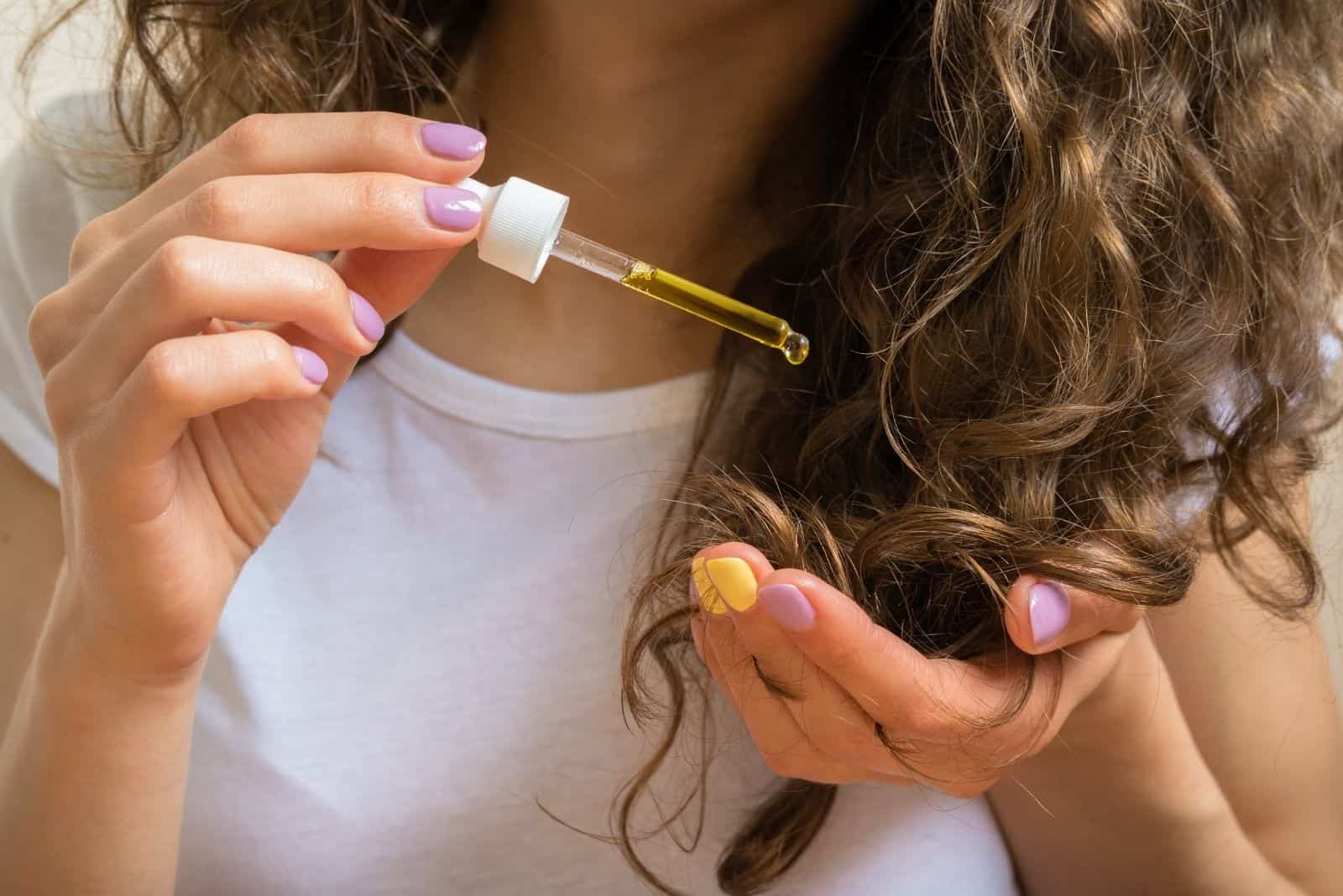
© progressman/Adobe Stock
One way to incorporate olive oil is to add it to a protein treatment or a natural alternative such as an egg yolk. Yes, an egg yolk. This DIY deep conditioner will strengthen as well as moisturize your hair. Having done this myself, I've seen amazing results after just two treatments. If you decide to try this, remember wash this out of your hair with cold water. Some find success by combining olive oil with essential oils as well.
Tip: You can use a dropper bottle like the one below to make the process easier, and to prevent having to keen an entire bottle of olive oil in your beauty cabinet.
Reminder: Any time you incorporate a new product or oil into your hair routine, you run the risk of experiencing product buildup in your hair. On wash day, remember to cleanse hair properly with a buildup busting product such as apple cider vinegar to prevent oily and chronically dry hair (see 11 Hair Wash Day Essentials for Curly Hair).
You can use a clarifying shampoo or mask to cleanse the hair before you apply the treatment. The Innersense Detox Mask is very effective at cleansing the hair without stripping it of oil. A little goes a very long way. Remember, you just need enough to lightly coat the hair.
Olive Oil in Hair Overnight
You can use olive oil a deep conditioner overnight if you need some extra moisture. After experimenting with leaving olive oil in my hair overnight, I recommend a protective style such as a braid, high bun, or twists if you have course hair. In the morning, rinse with cold water if you want to keep some oil in your hair as a leave-in conditioner.
Olive Oil in Hair Tips
You only need a small amount of oil for an overnight treatment. If you coat your hair with too much, you'll just end up rinsing it off in the morning. Try applying the oil early in the evening to allow your hair to absorb as much as possible before you go to sleep.
Try an extra moisturizing treatment by combining olive oil with jojoba or almond oil.
Quick Protein Fix (15 minutes): You can combine olive oil with an egg yolk for a moisturizing protein treatment. Apply to damp hair and avoid applying heat or wrapping the hair too close to the scalp because heat can cause the egg to harden (remember to rinse with cold water).
Faster Hair Growth or Hair Loss
If you are applying olive oil for hair growth, you will want to coat the strands of your hair completely. You can apply the oil to your scalp if you struggle with dandruff or need to add some extra moisture to your skin.
However, using olive oil for hair growth is a controversial topic. There is evidence that massaging your scalp with oil contributes to hair thickness because it increases the blood flow underneath the skin.
You can use any oil for a scalp massage. Coconut oil and jojoba oil are very popular for scalp massage. You can also apply a hair mask on your strands before massaging your scalp to multitask and same some time on hair wash day.
Does Olive Oil Thicken Hair?
According to Healthline, scalp massage is the factor that increases hair thickness. Using oil to thicken hair is a debatable topic. Olive oil has been known to stimulate hair growth in mice, but its effect on humans requires more extensive research in order to come to a definitive answer. However, castor oil has been known to strengthen hair.
Olive Oil does not act as a hair protectant against heat. See Why Oil Doesn't Work as a Heat Protectant by Naturally Curly.
Dandruff can be treated, but it cannot be cured. According to Healthline, "If you’re trying to treat dandruff, bear in mind it has many causes, including fungus. As far as we know, there’s no cure for dandruff, though using olive oil might reduce your flakes."
Reverse conditioning is the process of applying a moisturizing products before shampoo or hair cleanser. This can be done with oil or store-bought conditioner.
Determining if olive oil is right for you may take some trial and error. Olive oil is a great conditioner, but it is not for everyone. I hope this article helps you. Please feel free to comment. I'd love to hear how olive oil is working for you.

